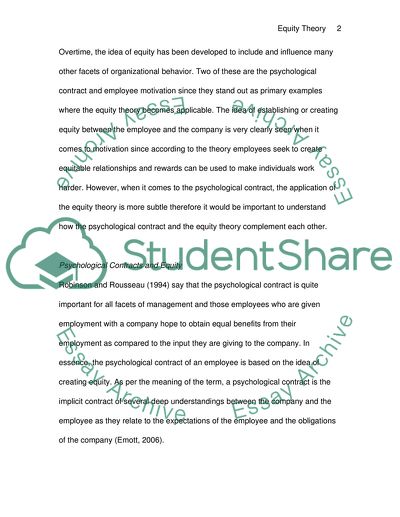Cite this document
(“Equity Theory (Adams) Essay Example | Topics and Well Written Essays - 2250 words”, n.d.)
Equity Theory (Adams) Essay Example | Topics and Well Written Essays - 2250 words. Retrieved from https://studentshare.org/miscellaneous/1544575-equity-theory-adams
Equity Theory (Adams) Essay Example | Topics and Well Written Essays - 2250 words. Retrieved from https://studentshare.org/miscellaneous/1544575-equity-theory-adams
(Equity Theory (Adams) Essay Example | Topics and Well Written Essays - 2250 Words)
Equity Theory (Adams) Essay Example | Topics and Well Written Essays - 2250 Words. https://studentshare.org/miscellaneous/1544575-equity-theory-adams.
Equity Theory (Adams) Essay Example | Topics and Well Written Essays - 2250 Words. https://studentshare.org/miscellaneous/1544575-equity-theory-adams.
“Equity Theory (Adams) Essay Example | Topics and Well Written Essays - 2250 Words”, n.d. https://studentshare.org/miscellaneous/1544575-equity-theory-adams.


